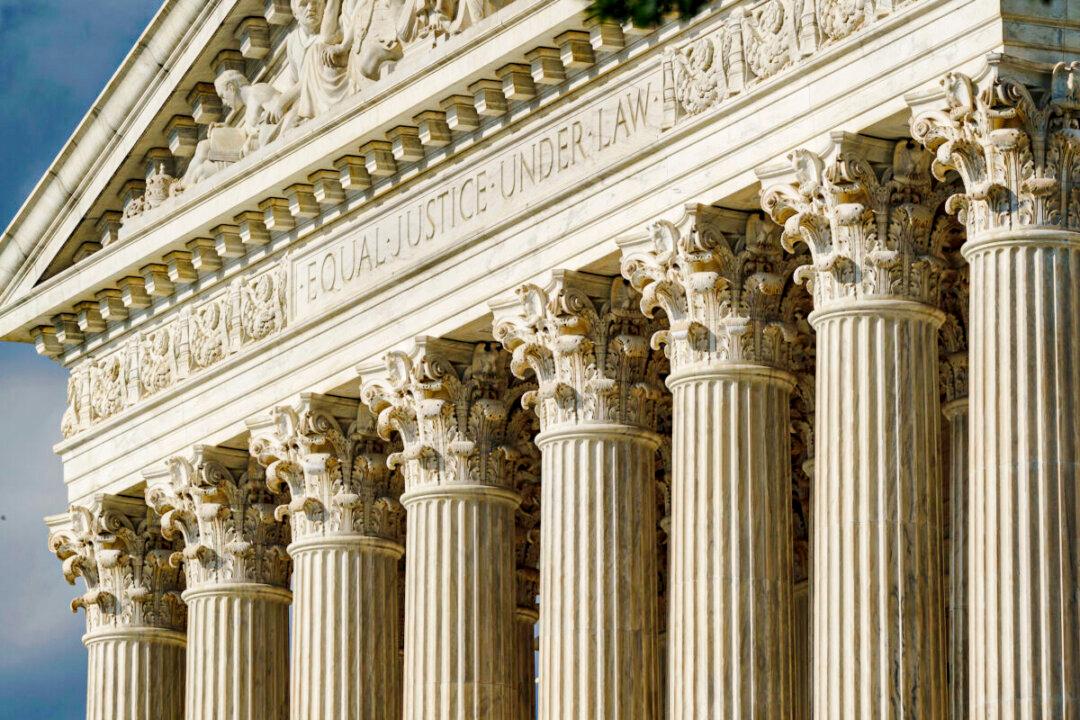Wisconsin Republicans are asking the U.S. Supreme Court to reject an electoral map drawn by the state’s Democratic governor, Tony Evers, which they say is racially skewed, in favor of one crafted by the Republican-controlled state legislature.
Earlier this month, the Supreme Court of Wisconsin voted 4–3 to adopt congressional and legislative districts drawn by Evers over those prepared by the legislature. The maps adopted still reportedly favor Republicans, but by smaller margins than the Republican-drafted maps.





